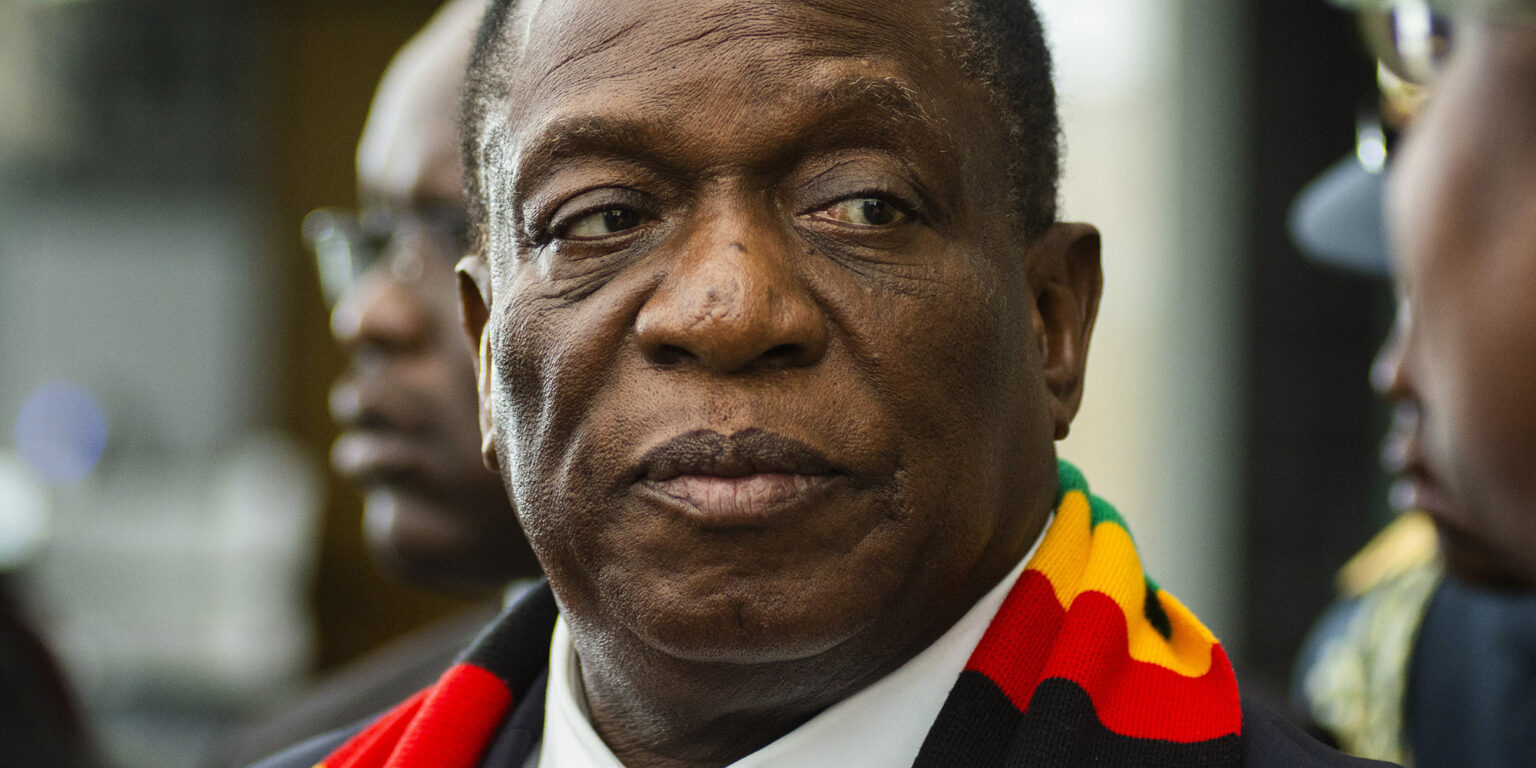President Emmerson Mnangagwa’s calls for party youths to end their “Mnangagwa 2030” campaign have not stopped ZANU-PF’s actions.
ZANU-PF has instructed authorities to start amending the constitution and remove presidential term limits. This move is concerning.
The 2013 constitution aimed to prevent incumbents from extending their rule. It made amendments challenging, but ZANU-PF persists.
The party’s main goal is to remove the clause preventing incumbents from benefiting from amendments. This seems to favor Mnangagwa.
ZANU-PF might even remove the requirement for a referendum if it obstructs their plans, showing their determination to push changes.
The 2013 term limits and amendment hurdles were responses to Mugabe’s prolonged rule. Mnangagwa’s actions echo Mugabe’s approach.
A constitutional law expert has stated that term limits prevent leaders from overstaying. Mnangagwa should step down in 2028.
Zimbabwe needs to move beyond its troubled past. Mnangagwa promised such change when he returned from South Africa in 2017.
Despite ZANU-PF’s two-thirds majority in parliament, securing a third term for Mnangagwa remains complex. A public referendum is required.
ZANU-PF has reportedly colluded with figures like Sengezo Tshabangu to weaken the opposition. However, manipulating a referendum is challenging.
Referendums do not rely on a voters’ roll. Any citizen with a national ID can vote, making manipulation difficult.
ZANU-PF fears that a fair referendum will reveal Mnangagwa’s diminishing popularity. They know their chances are slim in such a vote.
Internal ZANU-PF divisions over the amendment weaken Mnangagwa’s position. Opponents may wait and express dissent at the ballot box.
The referendum could rally Zimbabwe’s fragmented opposition. No one desires a return to Mugabe’s era, making this a crucial moment.



